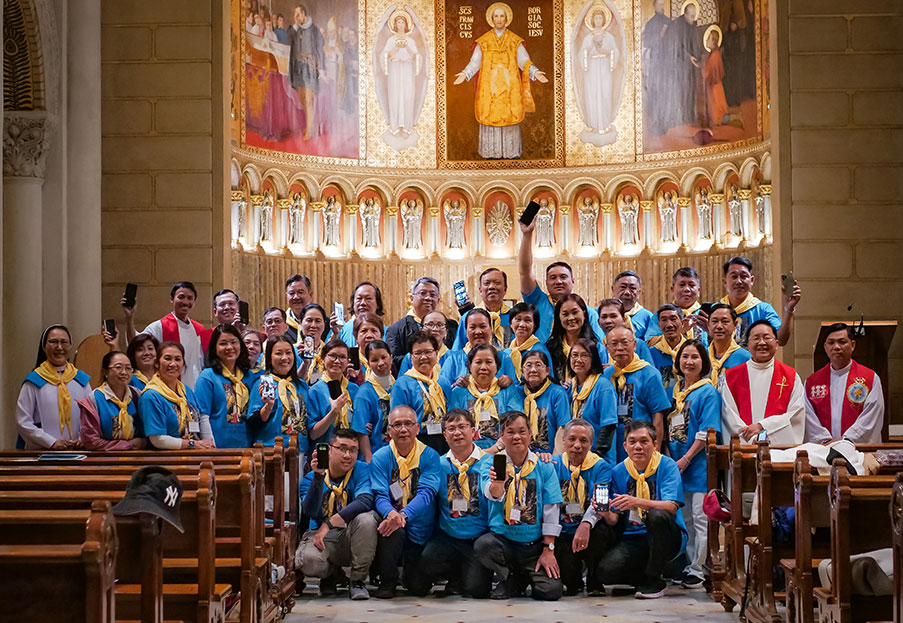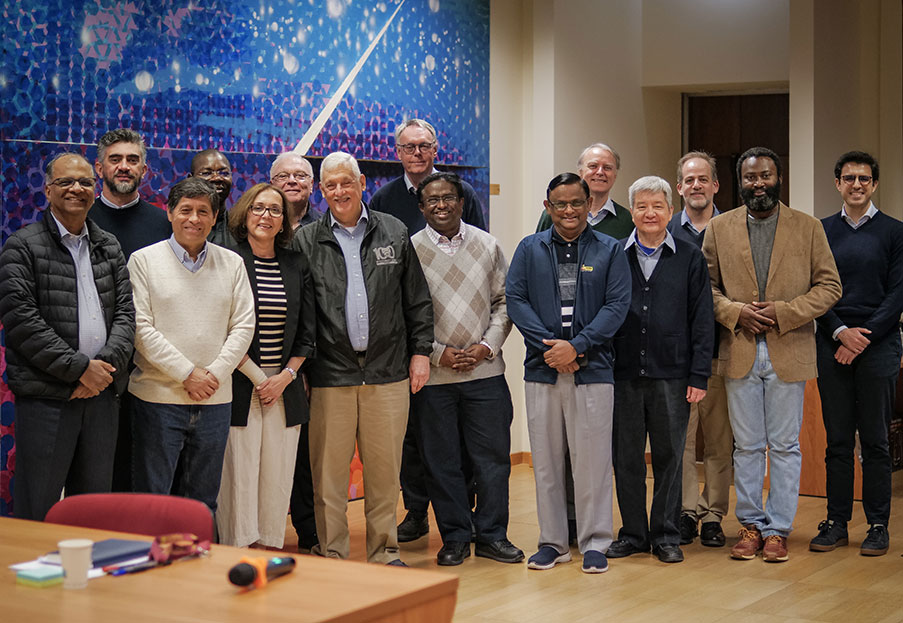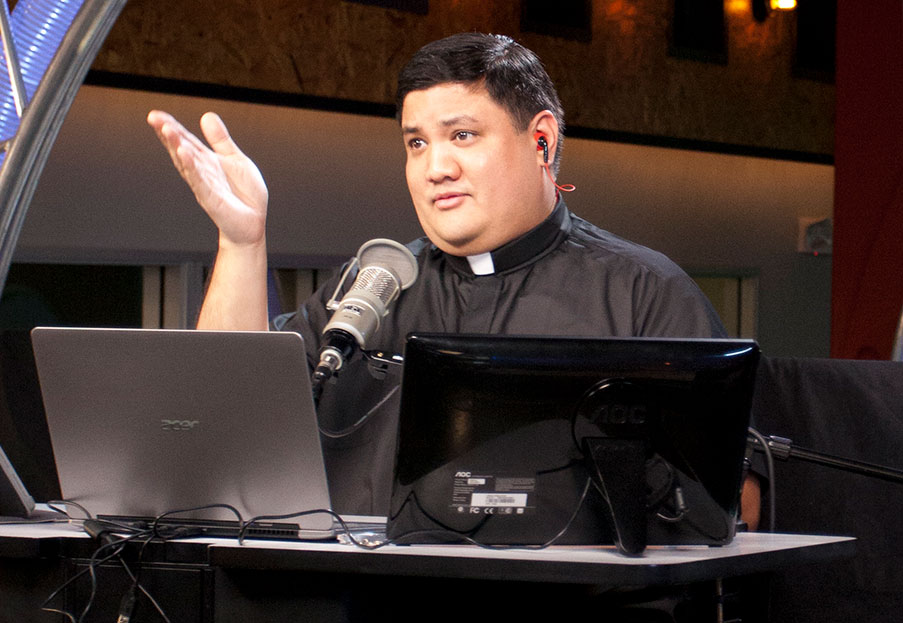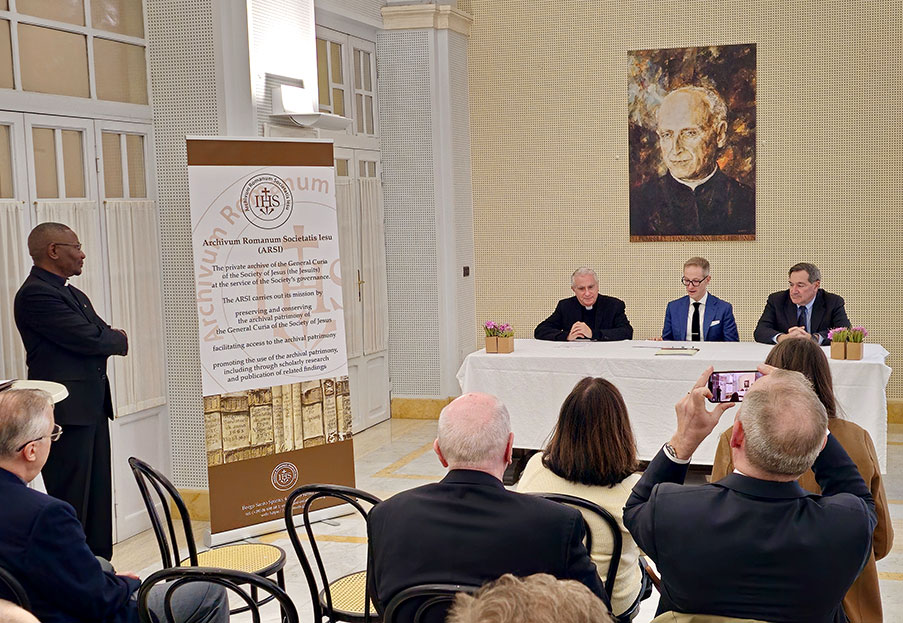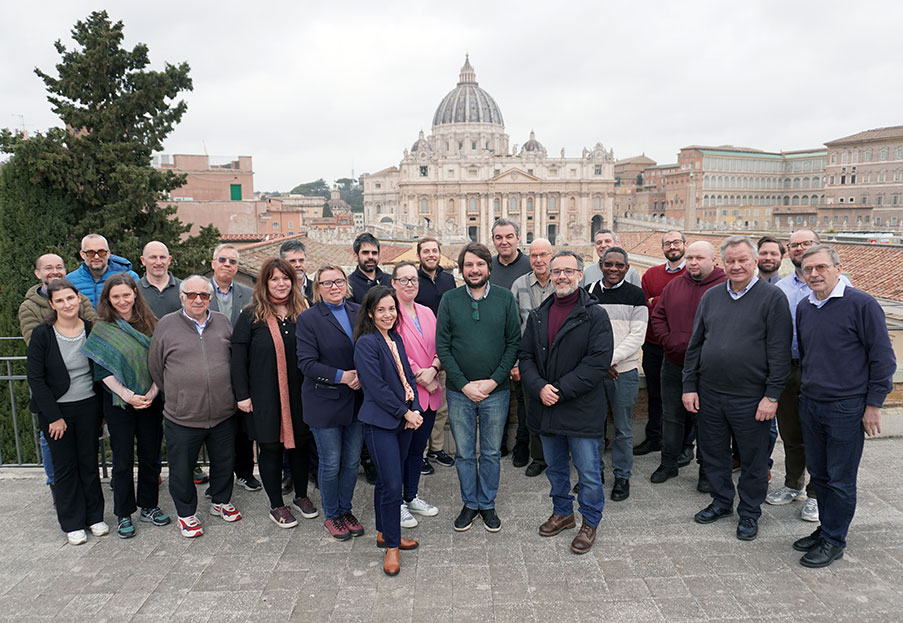The “socius”, discreet but so necessary!
The “socius” is the “companion” of the Provincial Superior or the President of the Conference. There are about a hundred Jesuit socii in the world. Theirs is a largely “administrative” role, which aims to establish a good functioning relationship between the Provinces or Regions and the General Curia. From time to time, the Curia organises training sessions for new socii. Others, who have been in office for some time, are happy to be part of such “updates”.
Normally these sessions are held in Rome where
the socii can get to know each other personally, as well as the members of the
Curia. They visit the various offices and secretariats. This year, due to the
pandemic, everything had to be done “remotely”. Three courses were offered:
from 9 to 13 November (in Spanish), from 23 to 27 November, and from 30
November to 4 December (the latter both in English). The Secretary of the
Society, Fr Antoine Kerhuel, is responsible for these programmes. Nearly 50 socii participated in these virtual
meetings this year.
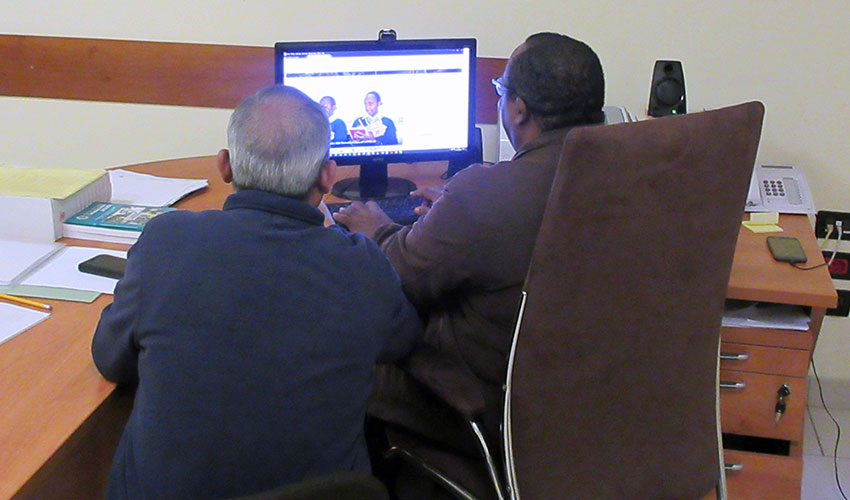
What was the programme? First of all, there was a meeting with Father General. He stressed the fact that one of the socius’ functions is being a Consultor of the Province or Region. The socius is also usually the “admonitor” of the Provincial, the person who must monitor his health, and help him strive for balance in his activities and responsibilities. During the “virtual” meetings this year, there was time to share how the socii live out their responsibilities in the context of the coronavirus pandemic.
Other sessions have a more technical “flavour”:
these included how to maintain up-to-date records through the IT system common
throughout the Society, and the “duty” the socius has to ensure that the flow
of information between Provincials, the Provinces and Rome is timely and
sufficient. The Procurator General, Fr. Benoît Malvaux, also presented a number
of the more juridical elements related to the position of the socius. Each of
the sessions allowed time for questions from the participants. All in all, in
spite of the difficult circumstances which prevented the training courses
taking place at the Curia, the “marvel of the Internet” made it possible to
strengthen the links between these socii, who often stay in the background, and
the General Curia.
